davidlansing
Nev shows up at Pitches a little after eight this morning and loads our bikes, still covered in ice and frost, on to a trailer behind his van for the 30 minute drive to Alexandra where we transfer the bikes to a jet boat and head up the Clutha River, mist rising off the placid waters like smoke over a burnt field.
There are no roads along the Clutha River from Alexandra so the plan is for Laurence van der Eb, who owns the jet boat, to shuttle us and our bikes about 10km. up the river to Doctors Point where we will get off and then bike along the newly opened Roxburgh Gorge Trail back in to town.
On the ride up the river I ask Nev if the ride today will be tougher than yesterday. “No,” he says. “Not really.” And then after a short pause, he says, “Well, maybe it’s a bit more challenging.” I look at him without saying anything, waiting for him to go on. “That is to say, there are some pretty good climbs on this trail. I mean, we have to climb a thousand feet or so.”
“There’s a thousand foot climb?”
“A couple of them, actually.” Nev gives me a reassuring smile. “Maybe three.”
“But you say it’s not as hard as yesterday’s ride?”
“It’s a lot shorter,” he says. “A lot shorter.” I nod. He is silent for a moment. “But, as I say, more challenging.”
So that’s what’s in front of us. An easier ride than yesterday. But more challenging. Make sense?

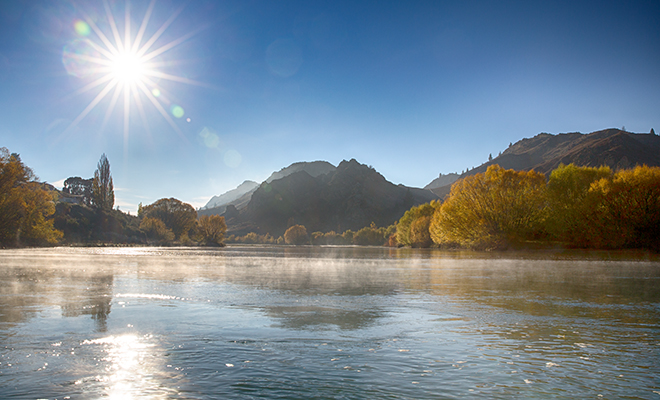
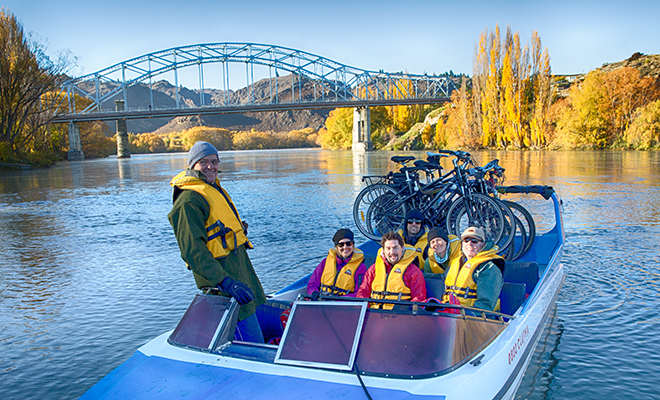
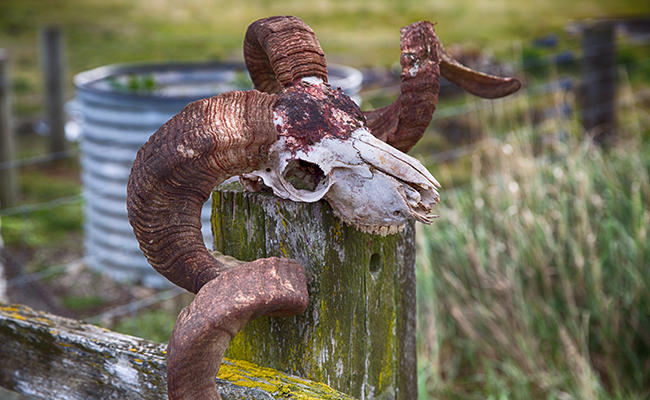
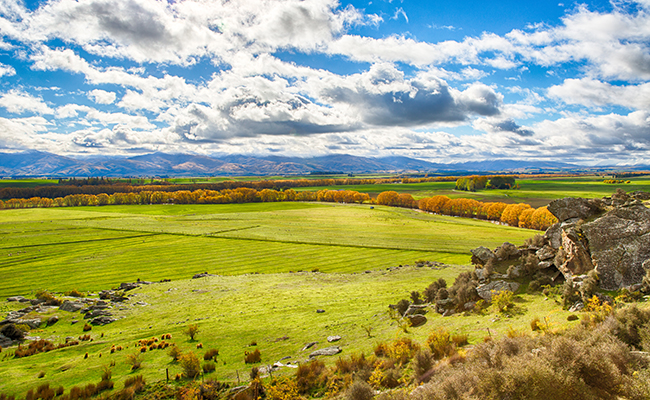
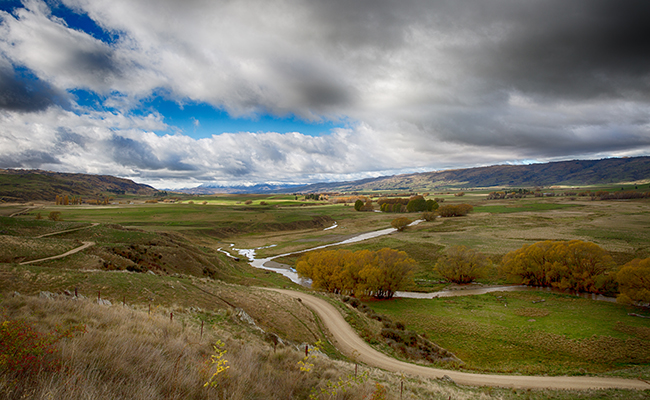

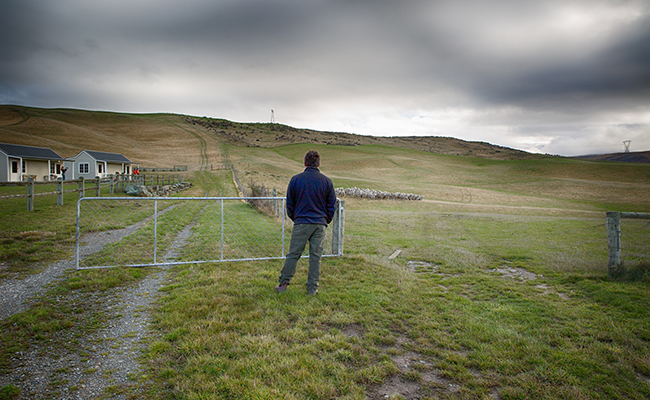
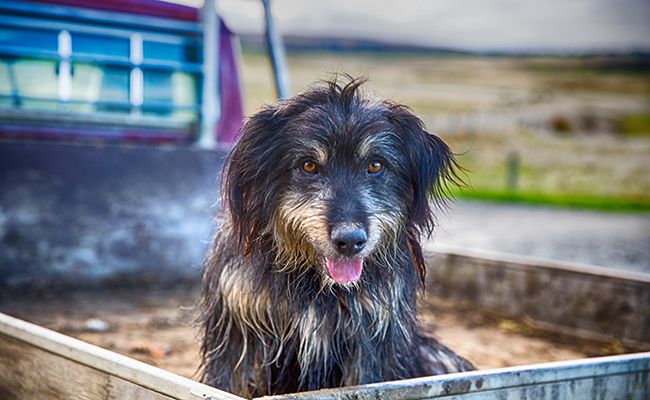
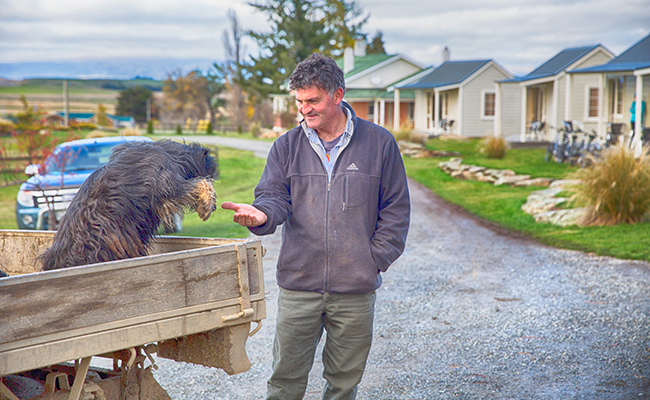
Recent Comments